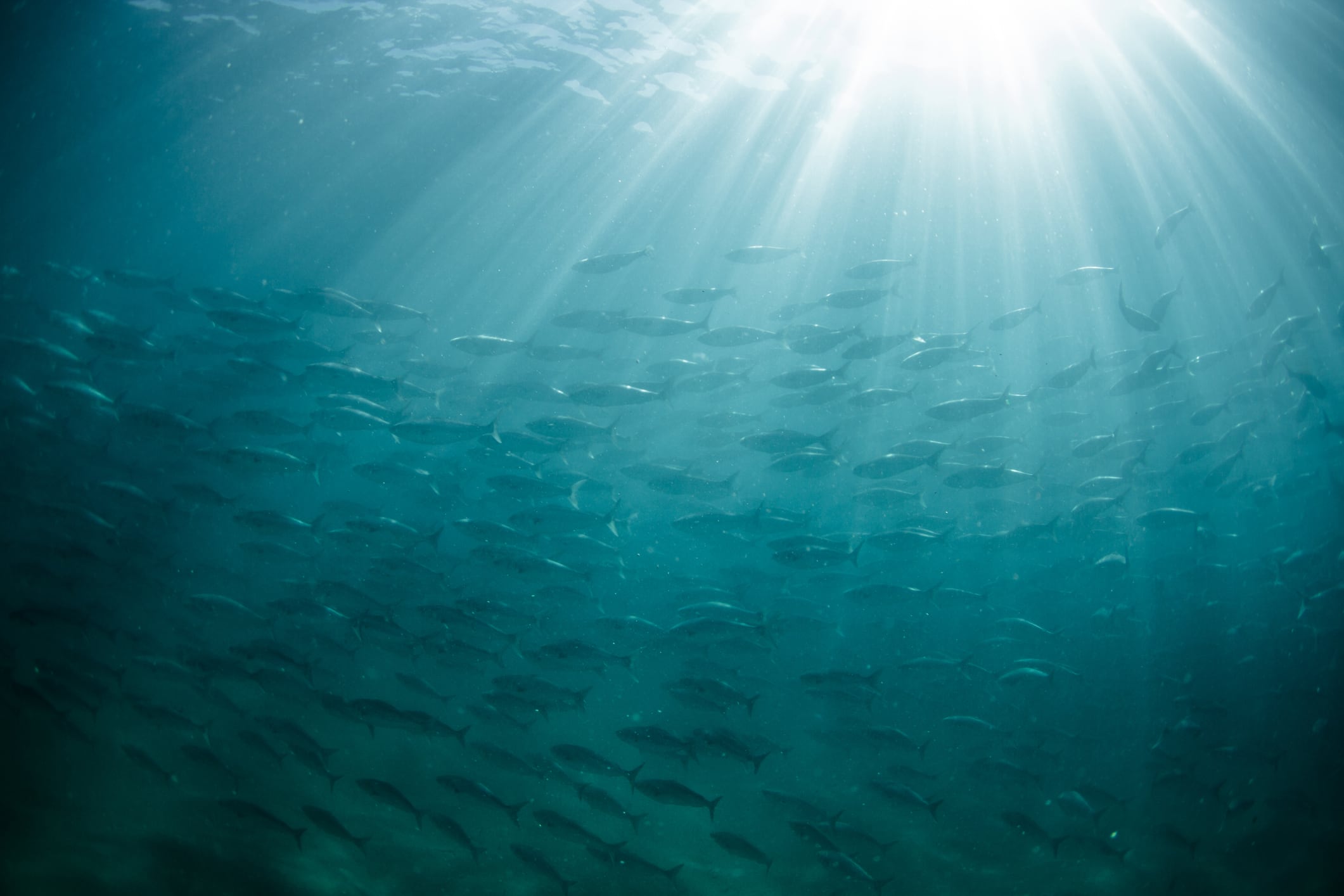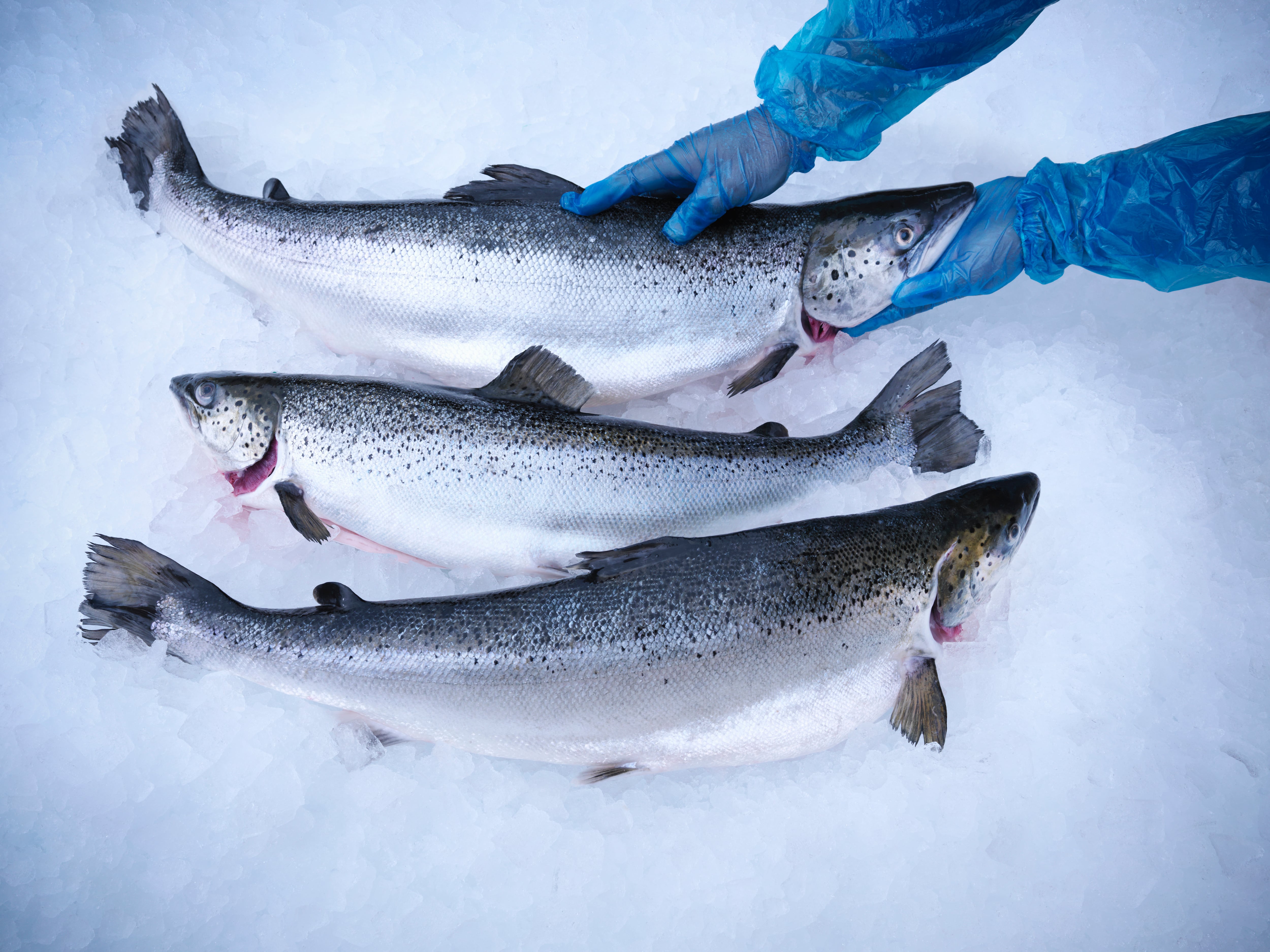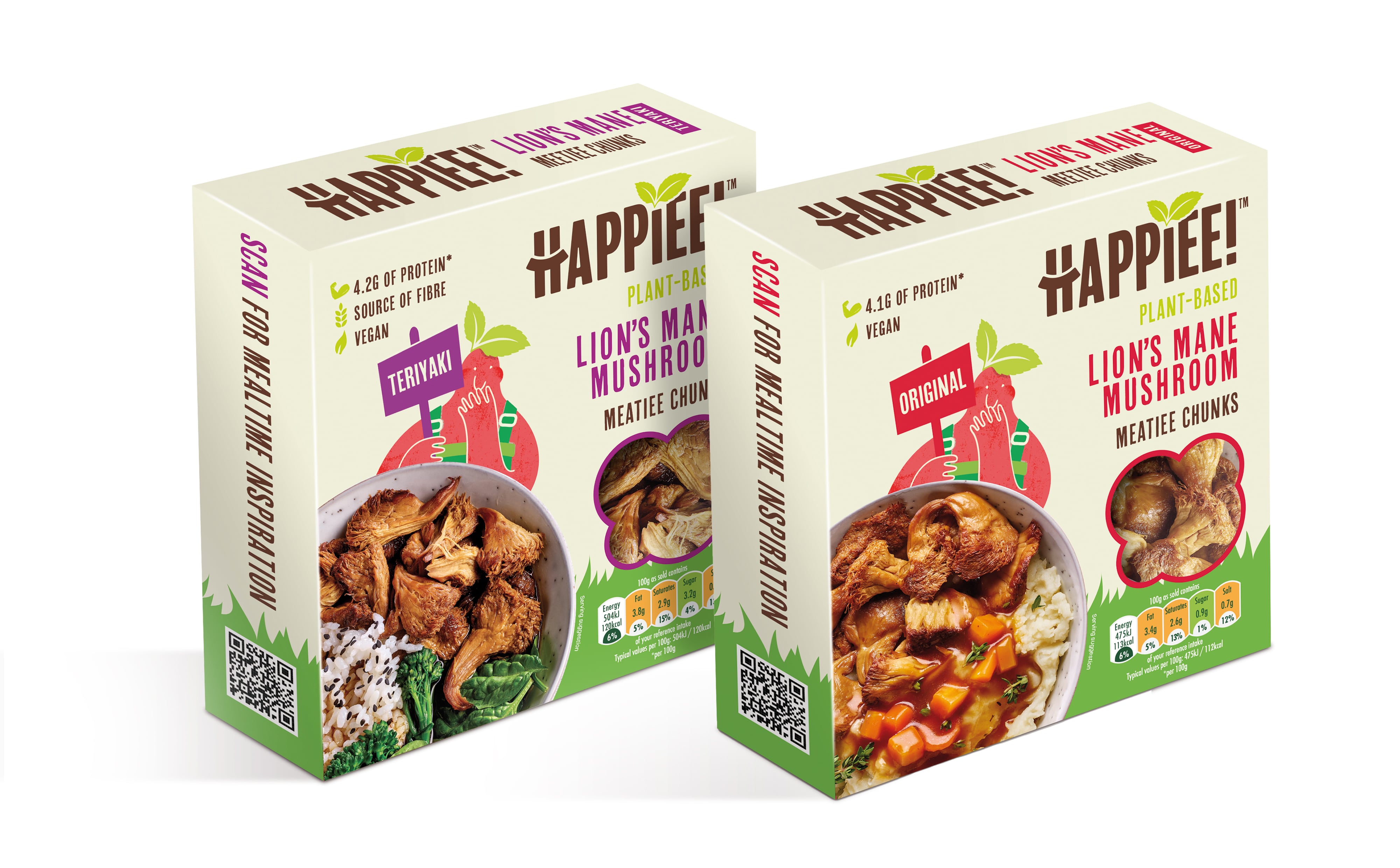Sir David Attenborough’s latest film should serve as a nudge towards the consumption of more plant-based fish, food awareness platform ProVeg International believes.
The film ‘Ocean’ is set for release on Attenborough’s 99th birthday and will highlight the importance of a healthy ocean and marine life.
In this cinematic-length documentary, the acclaimed presenter will discuss the impact of industrial fishing, including techniques such as bottom trawling, on the seabed.
“It’s hard to imagine a more wasteful way to catch fish,” Attenborough told the BBC.
“Overfishing is destroying marine ecosystems, and I encourage people not to switch to farmed fish instead. These are effectively underwater factory farms, causing immense suffering and pollution. The best way to protect our oceans is to stop eating fish altogether,” Matthew Glover, co-founder of Veganuary, managing director at Veg Capital, and chairman of Vegan Food Group, told Food Manufacture.
Commenting further, Rosie Bambaji, marketing lead at plant-based brand Happiee added: “David Attenborough’s Ocean highlights the urgent need to rethink our relationship with the sea. Decades of overfishing have pushed marine ecosystems to the brink.
“With rising concern over ocean health, biodiversity loss and microplastics, the demand for sustainable alternatives is rising and projected to reach $1.3 billion globally by 2031. At Happiee, we’re reimagining seafood for a new generation, delivering the same great taste - without the trawlers. The ocean shouldn’t have to pay the price for what’s on our plate.’’
Whilst the film will call into question certain techniques and practices, the studio has said it’s a story full of optimism, with Attenborough noting that the ocean can not only recover but thrive “if left alone”.
His message comes as countries across the globe agree to protect a third of the ocean; with the release timed ahead of World Ocean Day and June’s United Nations Ocean Conference 2025 in Nice, France.
“In this film, we share some of those wonderful discoveries, uncover why our ocean is in such poor health, and, perhaps most importantly, show how it can be restored to health,” said Attenborough.
“This could be the moment of change. Nearly every country on Earth has just agreed, on paper, to achieve this bare minimum and protect a third of the ocean. Together, we now face the challenge of making it happen.”
The power of Attenborough
In more recent years, Attenborough has promoted a vegetarian-based diet; and his previous work has also caused viewers to question their diets, with celebrities such as actress Kat Dennings, posting online that ‘A Life On Our Planet’ made her want to go plant-based.
Speaking on his diet, Attenborough told the press: “I have certainly changed my diet. Not in a great sort of dramatic way. But I don’t think I’ve eaten red meat for months.”
He added that he still eats cheese and fish, but has “become much more vegetarian”.
And whilst there aren’t as many seafood plant-based alternatives on the UK market yet, ProVeg International believes this film could encourage a turn in the tide.
“We believe a powerful documentary like this will lead people to question what they can do as individuals to help the seas recover,” added Jasmijn de Boo, ProVeg Global CEO.
The global plant-based seafood market size was estimated at $600 million in 2024 and is expected to grow at a CAGR of 8.6% from 2025 to 2030.
The 2023 EU-funded Smart Protein Project survey has also indicated a growing appetite for plant-based seafood, with 42% of Europeans saying they find it appealing and 43% saying they would consider purchasing it.
The research also showed that over a third (35%) would consider purchasing cultivated fish in the future.
“We expect plant-based fish to serve as a healthy and effective means to transition to more sustainable diets, reducing the environmental impact of fishing highlighted in David Attenborough’s film,” continued de Boo.





